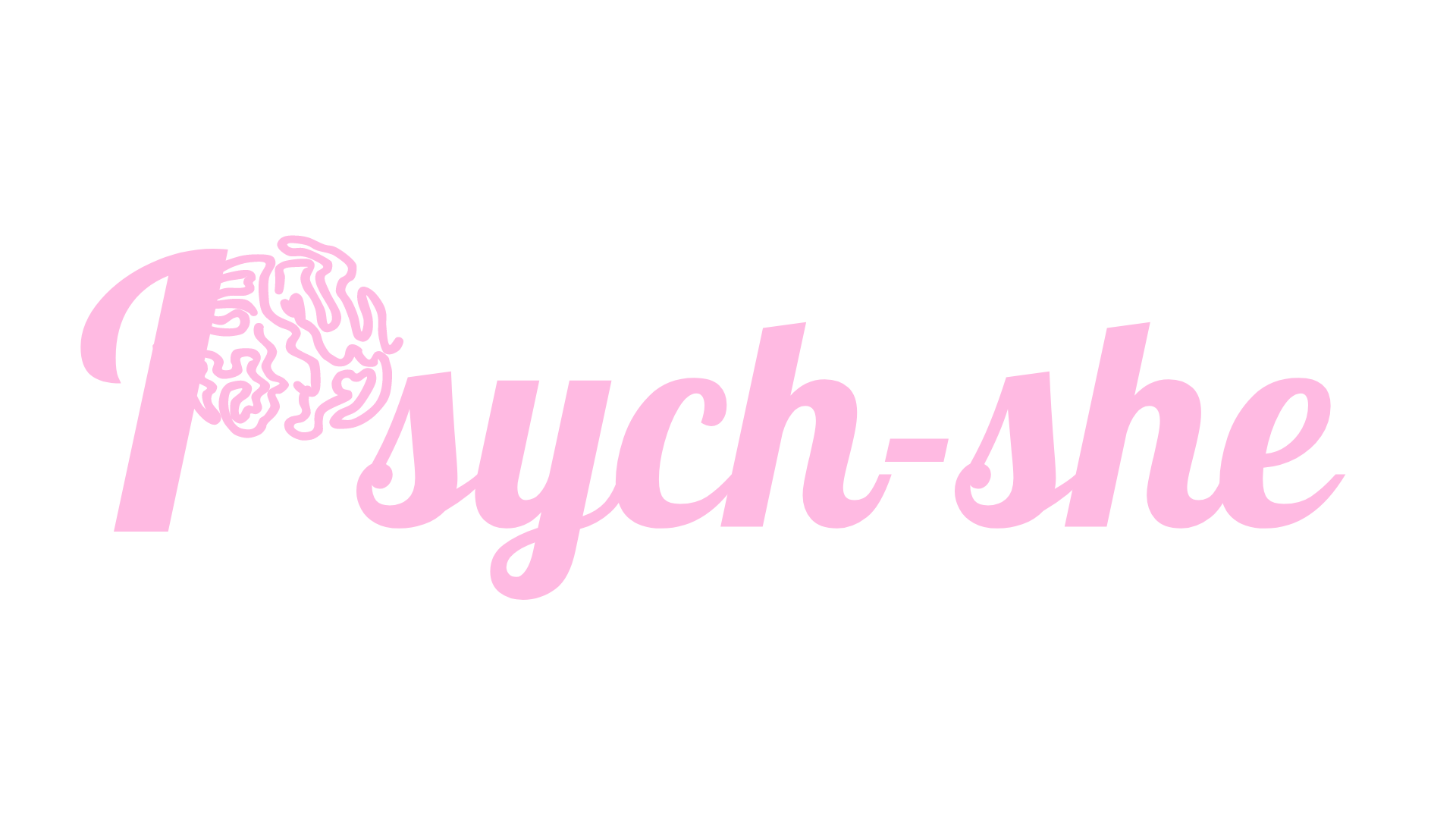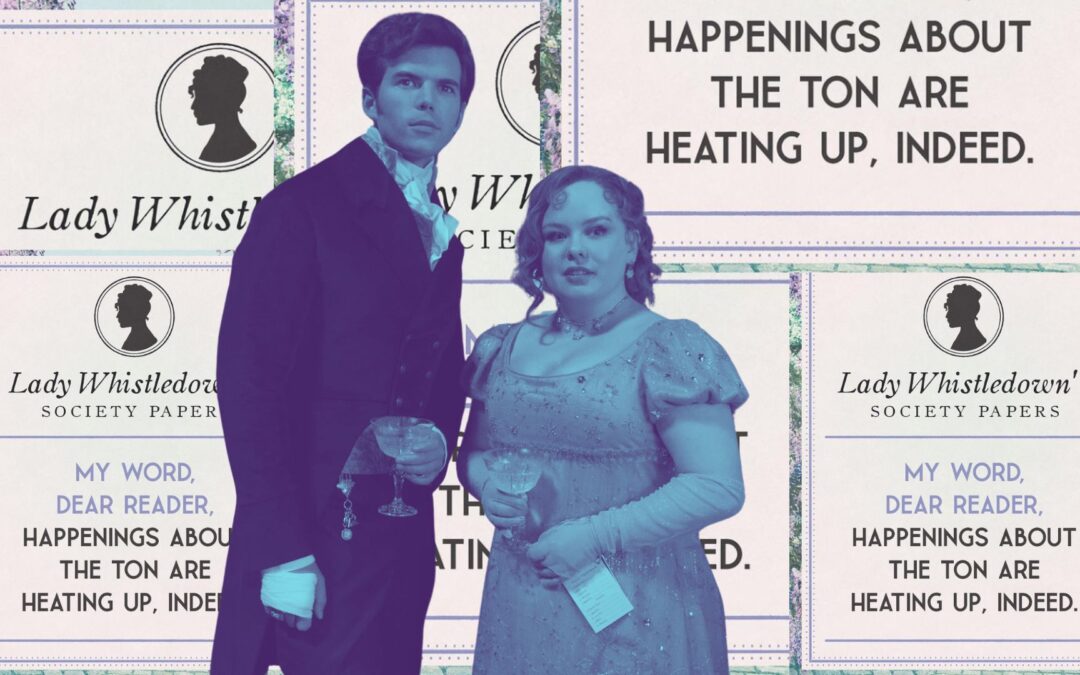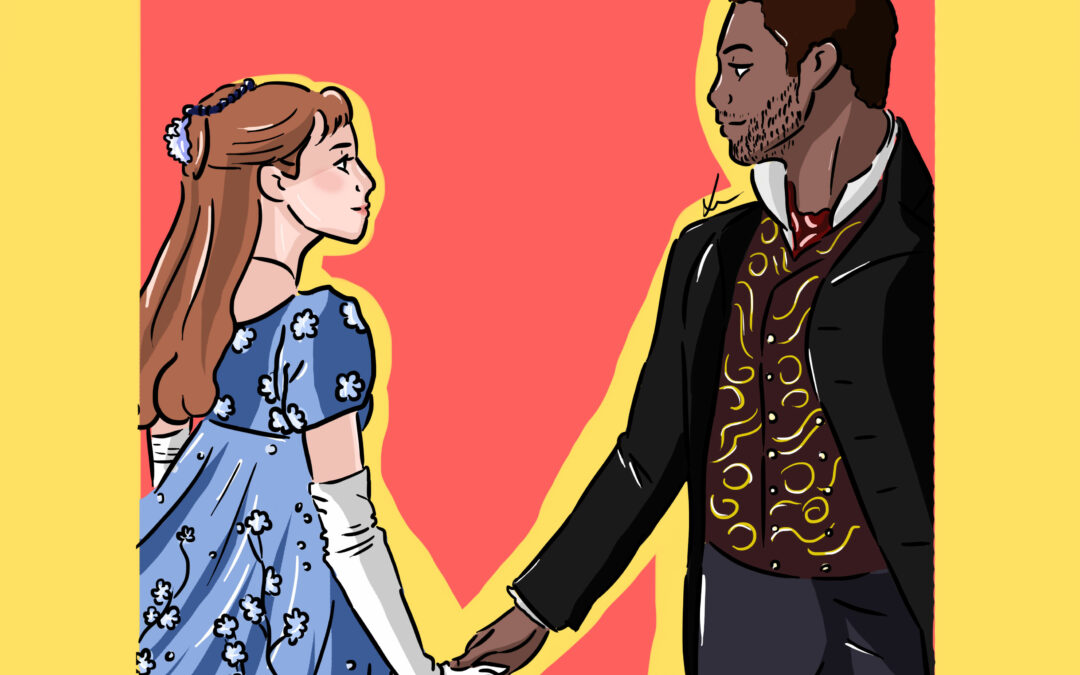When I realised I like women as well as men it was like someone switched the lights on. But what actually happens in our brain during a queer awakening?
Saturday night is movie night at my family home. Every week we’d argue over the film to watch. I wanted to watch something new out. Mum wanted a classic film. Dad wanted sci-fi. Of course, being the baby of the family I got my way.
One week when I was 15we watched the new release of the week: Atomic Blonde. Charlize Theron plays Lorraine – a sensual but savage MI6 agent. Honestly, she was so hot. The way she was eviscerating all those other spies (male spies at that) one martial art move at a time really did something to me.
The feeling was easy to explain because it was a familiar feeling. It was like little lightning bolts going off, as if someone had finally turned the lights on in my head. I didn’t want to blink, just in case I missed anything. I had felt the same feeling in the past but only for boys. It was a crush. A lusting sexy kind of crush.
Looking back those feelings were part of my first queer awakening. In its simplest forms, a queer awakening is when you see someone and have that ‘woah’ feeling. Some have described their queer awakening as an instant moment of realisation, but for me, it was more of a small root being planted which took a while to bloom before I knew what that inkling of feeling meant.
Saba Lurie, a Queer relationship and family therapist, said: “Realizing that we are attracted to the same sex can have different impacts on different people. For some, it may be an easy realization or a fact that they’ve always been aware of to some degree,” she says. “For others, it may be difficult to confront this realization, especially if they were raised in a home or within a culture where being attracted to the same sex was demonized”.
When we fancy someone, whether it’s someone we know or a celebrity, it’s a duelling reaction: body and mind. According to Harvard Medical School, the attraction that comes with a crush involves the brain pathways which control our reward behaviour. This explains why a crush can be so all-consuming.
High levels of dopamine, known as the feel good hormone, and norepinephrine are released during attractions. These chemicals combined give us those giddy and euphoric feelings I’m sure we are all too familiar with during a crush.
I remember sitting in silence as I watched Atomic Blonde with my parents, whilst I was experiencing the same ‘woah’ feeling for Lorraine. Even though I knew my parents or friends wouldn’t have a problem with me feeling this way about a woman I nuzzled those feelings deep in the back of my brain for a long time out of fear of relationships changing.
To my surprise, Charlize wouldn’t be my only queer awakening. Five years later I would have another.
Another celebrity crush was swiftly formed. This time it was for Kate Sharma from Bridgerton. Kate, played by Simone Ashley, was such a great addition to Season 2 of the hit Netflix show. She was my favourite. Defying society with one quick witted remark at a time. Not only was she undeniably beautiful but she took no shit from anyone, always putting others above herself even if it didn’t benefit her.
“Being attracted to television characters can also allow us to explore our feelings safely. Having crushes on television characters is common and can give us space to be curious without any additional risk,” says Lurie. “In my personal experience, I was 12 years old and saw a lesbian couple kiss and a lightbulb went off. Suddenly, I was questioning everything I had been taught and making sense of feelings I was told were wrong”.
“Later, I saw the musical Fun Home, and the song “Ring of Keys” brought tears to my eyes. It spoke directly to me and gave words to my queer awakening,” adds Lurie.
What I felt for Lorraine in my first queer awakening was lust but what I felt for Kate in my second was attraction. According to research there is a distinct difference. Unlike attraction, during lust the sex hormones, oestrogen and testosterone, are released. Both play a role in a woman’s lust, increasing our desire for sex.
Amongst a lot of the chemicals popping off in our brain informing our responses to the world around us, we also have to deal with our own view of being queer and queerness affecting how we think about ourselves.
Lurie advises to try and be less hard on ourselves. “If someone is just coming to terms with the fact that they are attracted to the same sex, I would offer them so much excitement and compassion. How brave to be honest with yourself about who you are,” says Lurie. “For some, internalized homophobia is very prevalent when they first begin to explore their sexuality and recognize that they are attracted to the same gender but by accepting and embracing your sexuality it may require you to re-evaluate previously held beliefs and ideas about sexuality and establish more affirming and inclusive ones”.
When it comes to a queer awakening not everyone’s the same. Not everyone’s coming out experience is the same. I mean, if I’m honest, I haven’t even really come out yet. I probably won’t officially for a while. But I know my queer reawakening is the restart of that process of accepting myself and accepting those feelings 15 year old me had.
Expert Insight: Saba Lurie
Saba Lurie is a licensed relationship and family therapist. As a queer individual they specialise in helping LGBTQ+ patients and their problems.




